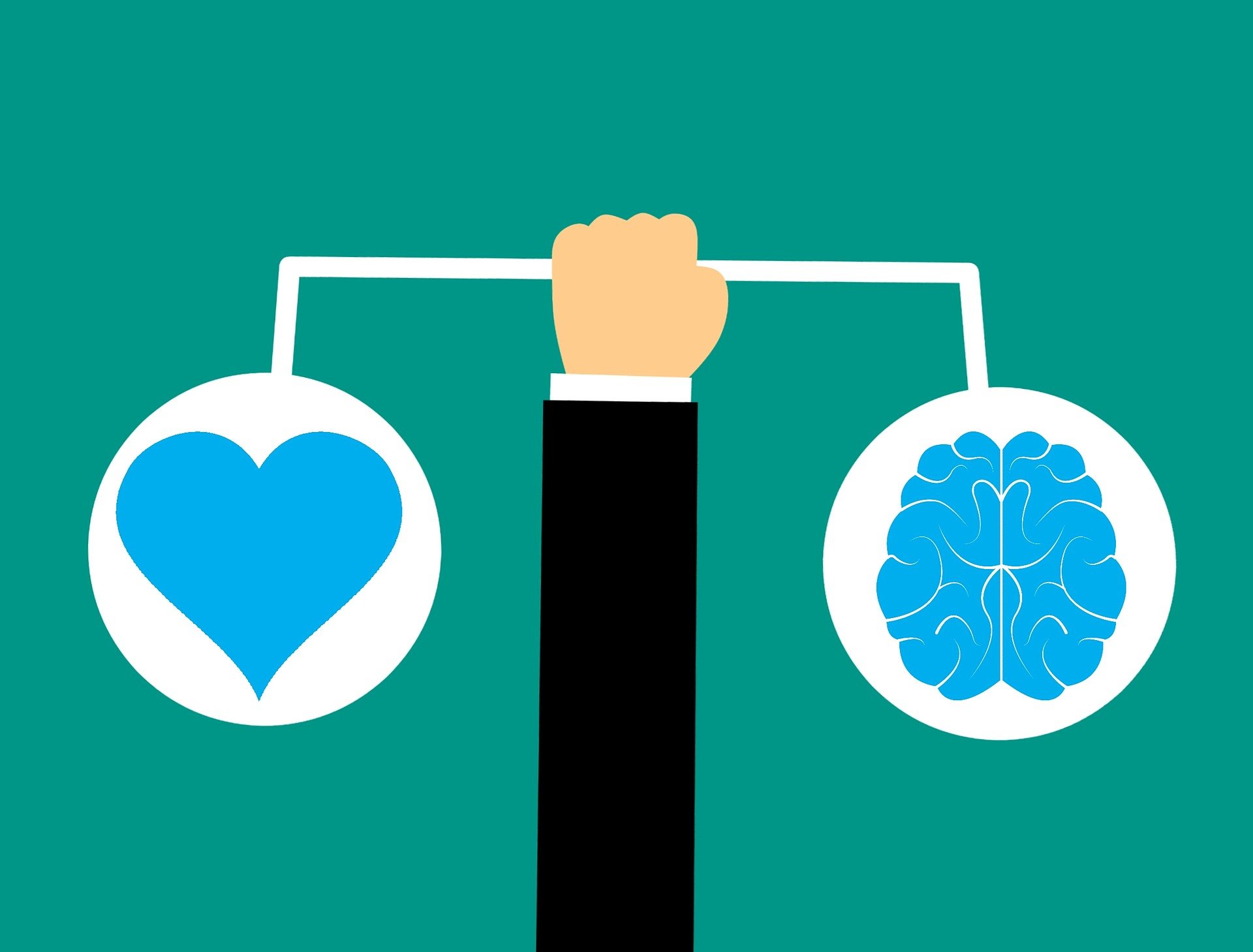
Emotional intelligence has been listed as one of the top 10 skills required to succeed in business by the World Economic Forum. Today, let’s discover just why emotional intelligence is so sought after in transforming your workplace and subsequently, your business.
What is Emotional Intelligence?
Psychologists define emotional intelligence (previously known as emotional quotient or EQ) as a person’s ability to identify and understand emotions in themselves or the people around them. While historically, emotions and intelligence (aka logic) have been seen as opposite to each other, scientists and researchers exploring the impact of emotions on our brains, personalities and behaviour have been using emotional intelligence as the defining variable.
A person’s emotional intelligence can impact their empathy (understanding and reasoning with the wide spectrum of emotions) and their people skills (managing emotions during interactions and decision making).
These abilities are what can potentially play an important role in business settings, if such people and environments are nurtured.
How Can Emotional Intelligence Improve Your Workplace?
Nurturing people who display high emotional intelligence can act not just as a motivational and morale booster for the workplace, but it can end up facilitating higher quality work as well.
People who display characteristic behaviours associated with emotional intelligence are attributed with higher interpersonal skills, superior stress management and leadership ability – researchers agree to a high degree on this correlation.
For a business, such employees are highly sought-after. Not only do such employees act supportive to colleagues and help each other succeed, but they are able to motivate themselves as well. That is because their high emotional intelligence helps them self-regulate their emotions, and to also understand them in their colleagues and act accordingly.
A workplace that is boosted by the presence of such people becomes a more wholesome environment to work in, where everyone is highly motivated, adept at communication and more driven. A business that can harness that emotional intelligence will see a definite uptick in the quality of work done by the employees.
How do you measure the impact of EI in your workplace?
While emotional intelligence has finally been quantifiably measured by researchers, there is no immediate tangible test that can take the findings from one individual and extrapolate them to determine the impact on a business. There is no doubt that the transformation exists, and in the absence of direct measurement, there are indirect ways of seeing the uptick as a result of a workplace filled with high emotional intelligence people.
As determined above, employees with good emotional intelligence scores are driven and self-motivated. It stands to reason that such people would be proactive in the workplace and punctuality is a clear sign of that. Their work output would be greater as well. Such things can be quantified and measured, and business-ready tools like PeopleSonic can help managers, HR and senior executives observe such trends in their business. If your employees are clocking in punctually, not skipping work unnecessarily and demonstrating their value in measurable work output, it can directly be attributed to their emotional intelligence.
Emotional intelligence is something that impacts someone’s professional and personal life both. It is something that can only be effective if everyone implements it. That is why for it to succeed in any business setting, it must become an attribute for everyone from the youngest employee to senior management and leadership. In fact, it wouldn’t be wrong to state leadership and employees with high emotional intelligence are what are crucial to building a more successful workplace.

